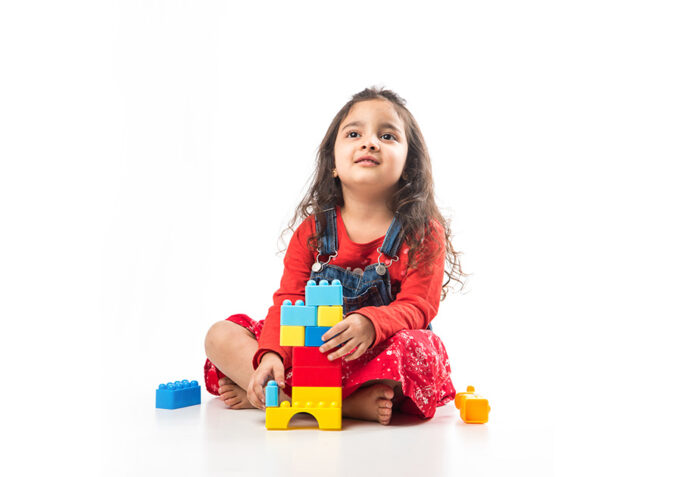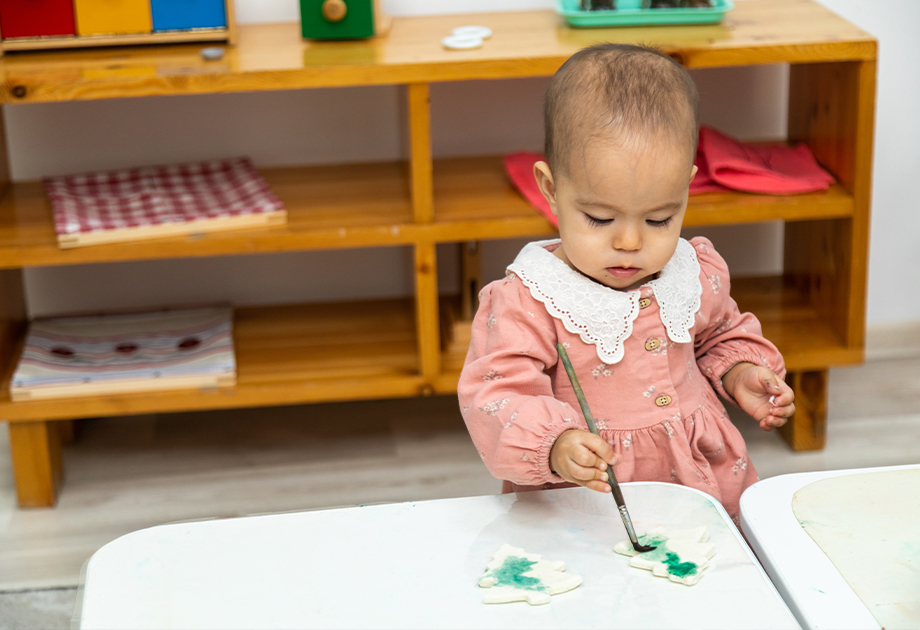|
Getting your Trinity Audio player ready...
|
Indoor games for preschoolers are a fantastic way to keep them engaged, active, and learning, especially during inclement weather or when outdoor play isn’t possible. These games provide entertainment and foster essential skills like motor development, cognitive abilities, and social interaction. In this article, we’ve compiled a list of 30 fun and unique indoor game ideas for preschoolers, divided into different categories to promote physical activity and learning. So, let’s dive in and discover these exciting games!
- Movement Games:
Physical activity is crucial for preschoolers to develop their gross motor skills and maintain a healthy lifestyle. These indoor games for preschoolers are designed to get your little ones moving and having fun.
- Animal Charades: Write down different animal names on slips of paper and have the preschoolers take turns acting out the animals while others guess. This game promotes creativity, body movement, and imagination.
- Simon Says: This classic game encourages following instructions while engaging in various movements. The leader gives commands starting with “Simon says,” and the participants must follow them. It helps develop listening skills, body coordination, and the ability to follow directions.
- Dance Party: Put on some lively music and let the children dance freely, encouraging creativity and physical activity. Dancing improves coordination, rhythm, and self-expression.
- Educational Games:
Preschoolers are constantly absorbing new information and developing cognitive skills. These indoor games for preschoolers provide an opportunity for learning while having fun.
- Shape Match: Create shapes out of colored paper and challenge the preschoolers to match them with corresponding shapes on a board or wall. This game helps them recognize shapes and improve hand-eye coordination and problem-solving abilities.
- Alphabet Scavenger Hunt: Hide cut-out letters around the room and let the children find them while calling out the corresponding letter sounds. It enhances letter recognition, phonics skills, and early literacy.
- Memory Game: Place a few objects on a tray, let the children study them for a short time, then cover the tray and ask them to recall the objects. This game enhances memory, concentration, and observation skills.
- Sensory Games:
Sensory activities allow preschoolers to explore their senses, develop fine motor skills, and enhance cognitive abilities.
- Sensory Bins: Fill a container with different materials like rice, beans, or sand, and provide tools like spoons and cups for children to explore and play with. This tactile experience stimulates their senses, improves fine motor skills, and encourages imaginative play.
- Playdough Fun: Set up a playdough station with different colors and let the children mold and create shapes, animals, or objects. Playing with playdough strengthens hand muscles, fosters creativity, and promotes sensory exploration.
- Sensory Bottles: Fill clear plastic bottles with water, glitter, beads, or small objects, and secure the lids tightly. Preschoolers can shake and explore the bottles, observing the different sensory elements. This activity calms and focuses their minds, improves visual tracking, and introduces scientific concepts.
- Cooperative Games:
Cooperative games encourage teamwork, communication, and social skills. They can learn the importance of working together and respecting others through these indoor games for preschoolers.
- Balloon Volleyball: Use a balloon as a volleyball, and have children work together to keep it from touching the ground. This game promotes teamwork, coordination, and gross motor skills.
- Group Storytelling: Sit in a circle and start a story, with each child contributing a sentence or two to continue the narrative. This activity encourages creativity, language development, and listening skills.
- Puzzle Time: Work on puzzles as a group, assigning different children specific sections
to complete and encourage collaboration. It enhances problem-solving, patience, and the ability to work as a team.
- Imaginative Play:
Imaginative play allows preschoolers to play pretend, fostering creativity, language development, and social interaction.
- Dress-Up: Provide a collection of costumes and accessories for children to dress up and role-play different characters. Dressing up stimulates imagination, storytelling skills, and empathy.
- Puppet Theater: Set up a puppet theatre using a sheet or cardboard box, and encourage children to put on their puppet shows. Puppet play promotes creativity, language development, and self-expression.
- Restaurant Role-Play: Create a pretend restaurant with play food and menus, allowing preschoolers to take turns being the chef, waiter, or customer. This activity enhances communication skills and social interaction and encourages manners and empathy.
Benefits of Indoor Games for Preschoolers:
- Physical Development: Indoor games promote the development of gross and fine motor skills, coordination, and balance. Movement games and sensory activities require physical exertion, helping children build strength and improve their physical abilities.
- Cognitive Skills: Many indoor games stimulate critical thinking, problem-solving, memory, and concentration. Educational games and puzzles challenge preschoolers’ minds and encourage them to think analytically and creatively.
- Social Interaction: Cooperative games and imaginative play encourage communication, sharing, and teamwork among preschoolers. These games provide opportunities for children to interact, cooperate, and develop social skills such as taking turns, listening, and resolving conflicts.
- Emotional Development: Games help children develop patience, resilience, and emotional regulation. They learn to handle success and failure, manage their emotions, and develop a positive attitude toward challenges.
- Language and Communication: Interactive games foster vocabulary expansion, storytelling abilities, and expressive communication. Engaging in conversation during imaginative play or in language-based games strengthens preschoolers’ language skills and boosts their confidence in expressing themselves.
Indoor games for preschoolers provide countless opportunities to learn, have fun, and develop crucial skills. These games engage their bodies and minds, from movement games to sensory play and educational activities to imaginative adventures. Best Indian animated series to watch this lockdown Incorporating these 30 fun and unique indoor game ideas into your preschooler’s routine ensures they stay active, learn, and have a blast, even when they can’t play outside. So, gather the materials, set up the play area, and let the indoor fun begin!




